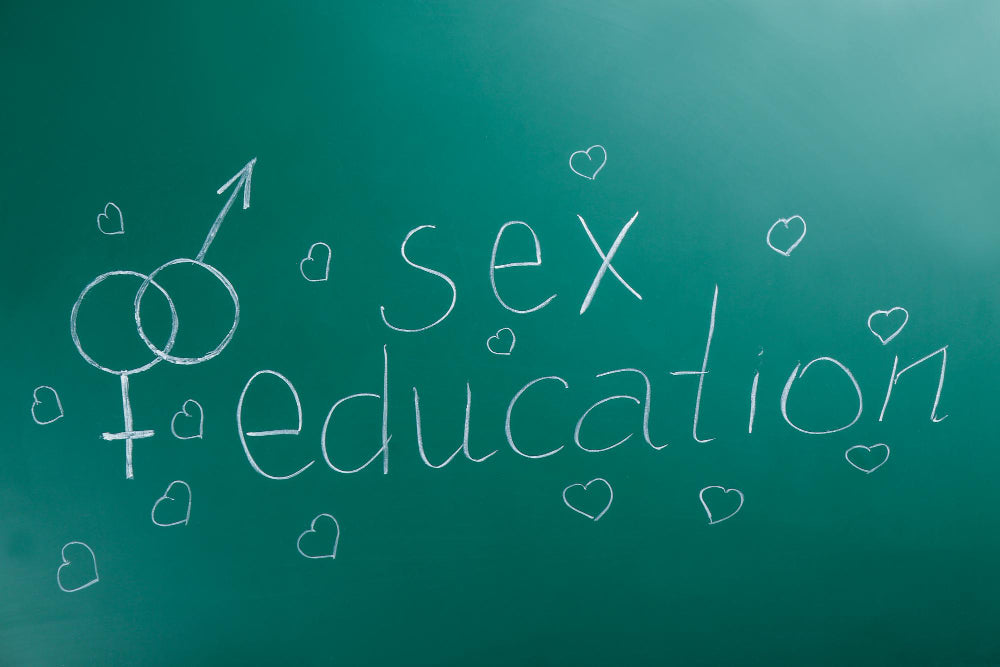- People with intellectual disabilities are capable of learning about sexuality and sexual health (1).
- Sex education for people with intellectual disabilities should be given in a way that is tailored to the individual’s needs and abilities (2).
- Proper knowledge of safe sex practices is essential to ensure that those with intellectual disabilities fully understand their own sexual rights (3).
- People with intellectual disabilities have the same need for sexual expression as those without, however this can be complicated by the lack of appropriate information available to them (4).
- Those with intellectual disabilities are more likely to experience abuse and exploitation due to their vulnerability and lack of understanding of sexual boundaries (5).
- It has been found that those who receive comprehensive sex education have less anxiety associated with sex-related topics and more positive attitudes towards sex generally (6).
- Studies have shown that providing social skills stories can encourage deep thinking, reflection and help students gain an understanding of social norms relating to sexuality (7).
- People with intellectual disabilities often rely on nonverbal cues when expressing affection or attempting communication, therefore providing them with adequate resources is paramount for successful communication about intimacy or other related issues (8) .
- Understanding body language is important in helping those with intellectual disabilities recognize bodily autonomy and personal boundaries when dealing with physical contact or touching (9).
- It is important for parents, caregivers, teachers and others involved in the lives of individuals with Intellectual Disabilities to provide them access to age-appropriate information so they can make informed decisions pertaining to their own sexuality (10).
Sources:
(1) Kilburn, L., & Brownell, M. T. (2019). Sexuality Education With Persons With Intellectual Disability: An International Overview That Includes a Focus on Canadian Content. Journal Of Developmental And Physical Disabilities, 31(4), 517–530. doi: 10.1007/s10882-019-09674-2 (2) Cabrales Agudelo, S., Alvarado Hernández, V., & Cazas Amaya Jhoana Dariana.(2020). The teaching – learning method in the instruction process on sexuality for individualswith intellectual disability.. Revista Electronica De Investigacion Educativa , 22(2), 79–90 . doi: 10.24320/redie . http://redie .udea .edu .co /index .php/REDIE/article/view/5091 /3360 (3) Wesolowski Yancy A., Phipps Solimar A., Myer Gregory D., et al.(2016), Knowledge regarding safe sex practices among adults with developmental disability who received Sex Education.. Research In Developmental Disabilities , 60–61 , 331–341 , DOI: 10 .1016 /j .ridd .2016 .08 .008 (4) Wilson GJ.(2017)."Sexual Expression Among Adults With IntellectualDisability—Where Are We? ",International Journal Of Health Sciences , 11(3): 93–97 DOI : 10 .12816 /0048779 (5) Gilroy E.(2018)," Sexual Abuse Among Individuals With Intellectual Disability", Journal Of Traumatic Stress Disorders & Treatment 7(1): 1 – 9 DOI : 10 .4172 /2324 -9130 .1000200 (6) Iraj Jahangard et al.(2013), “The Effectiveness Of Sexuality Education On Anxiety And Attitude In Special Education Students” Iranian Journal Of Nursing And Midwifery Research 18(5): 310 – 314 https://pubmed .ncbi .nlm .nih .gov /23880606 / (7)Flannery KA; Hutcheson L.; Carmack HA; Cagielski CJ; Barnett BN; Nielsen JS.(2018),"Using Social Stories To Enhance Middle School Students' Conceptual Understanding About Adolescent Sexuality",American Educational Research Journal 55(4): 895 – 922 https://doi org/10 1017/aer 2018 0004 (8) Allen SP.;Kertoy MK.; Goodreau SM.;Tobin KM.;Crosby RA Gase LA; Pierce JP.(2012)," Nonverbal Communication Cues Used By Young Adults With Intellectual Disabilities To Express Affection". American Annals Of The Deaf 157 : 63 - 71 DOI : 10 3126 /aad 2012 157 4 63



